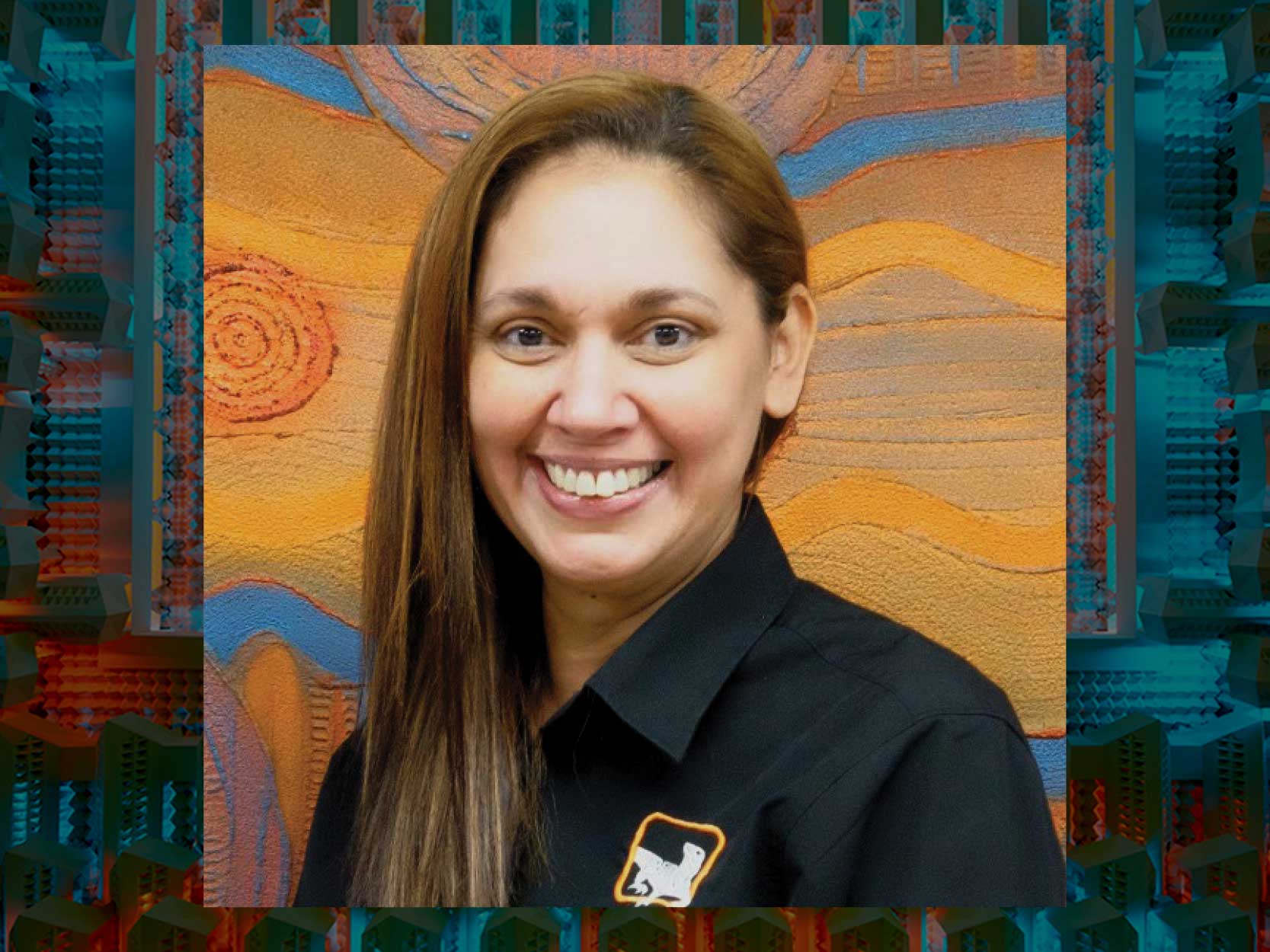For policy makers, designers, educators, community and industry leaders, tech professionals and a diverse range of stakeholders, the Data Informed Design Conference (DiD23) is the place to be.
That’s the message from the event organisers, who say that smart design and policy responses in our urban environments can help to overcome some of society’s most significant challenges.
DiD23 is presented by data and design specialist Place Intelligence, in partnership with leading universities, organisations and businesses, including RMIT University, City of Melbourne, Invest VIC, Beam Mobility, InnovationAus.com, QUT, PEXA, Hassell and Stantec.
In curating DiD23, Place Intelligence said its aim was to create a space that appropriately considers the complexity, hold the tensions, and explore the opportunities that emerge from the interface of data and design, place and people, community wisdom and advanced tech.
The conference will be held on March 23 and 24 at the RMIT Capitol Theatre and various other inspirational locations, including the Melbourne Arts Precinct, The Greenline and RMIT Social Innovation Precinct.
Conference participants will be privy to curated conversations between industry luminaries such as Sarah Williams (Head of the Civic Data Design Lab and the Leventhal Centre for Advanced Urbanism at MIT) in conversation with Dan Hill (Head of Melbourne School of Design), and Katherine Maher (the outgoing CEO of the Wikipedia Foundation) in conversation with Seb Chan (CEO of the Australian Centre for the Moving Image), and many more.

As the Indigenous Leader of the Year 2022 for Women in Digital and CEO of Australia’s only Aboriginal-run registered training organisation focusing on tech education, Goanna Group, Lisa Sarago brings a strong technical perspective to diversity discussions, as well as her long career in Indigenous-focused programs in government and the private sector. Lisa will confer with her peers on the Data/Design/Policy panel at DiD23.
Her traineeship support work with Indigenous communities in Cape York, Torres Strait and the broader Queensland community has unearthed “an appetite for industry” that offers sustainable financial and career benefits for Indigenous Australians and marginalised groups.
In terms of how indigeneity enhances the bigger picture for place, digital and design, Ms Sarago said that you only have to grasp the unique lessons that “the oldest living culture in the world” can impart.
“We have so much to offer in the way we look at the world, live in the world and approach business and, as an Indigenous leader, in our leadership style. This, in combination, is a ‘value add’,” she said.
“What we need is for business leaders to sit up and take notice. We’ve got a beautiful array of people that are sitting on the bench waiting for a job.
“We just need industry to think outside the box and say, ‘we can take cadets on’, because we are going to be addressing a massive gap soon in the tech industry.”
Furthermore, Ms Sarago said the only way to implement innovative initiatives, services and policy is to have more people from Indigenous and diverse backgrounds working alongside the data and having the right programs in place to shape meaningful change.
DiD23’s two-day, in-person program combines theoretical and practical tuition with a discussion-based format. This will feature dedicated panels, showcases and conversations between some of the world’s leading practitioners in design, tech, data, and civic society.
A series of interactive workshops on day two assumes a particularly technical inclination. Hosted by experts in academia and business, the workshop titles include Data Care for Digital Twins, DiD Interactive with City Design Team, and Navigating Complex Systems with Cybernetics — adopting an inclusive and thought-provoking approach.
Don’t miss your chance to take part in this design and urban policy, game-changing event. Reserve your tickets today.
This article was produced by InnovationAus.com in partnership with Place Intelligence. InnovationAus.com is the media partner for DiD23.







